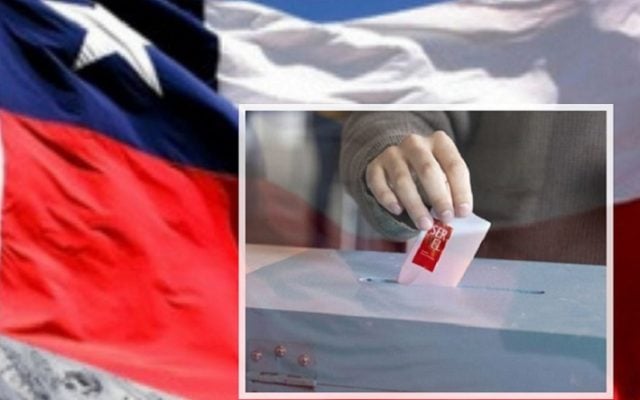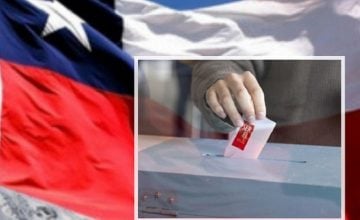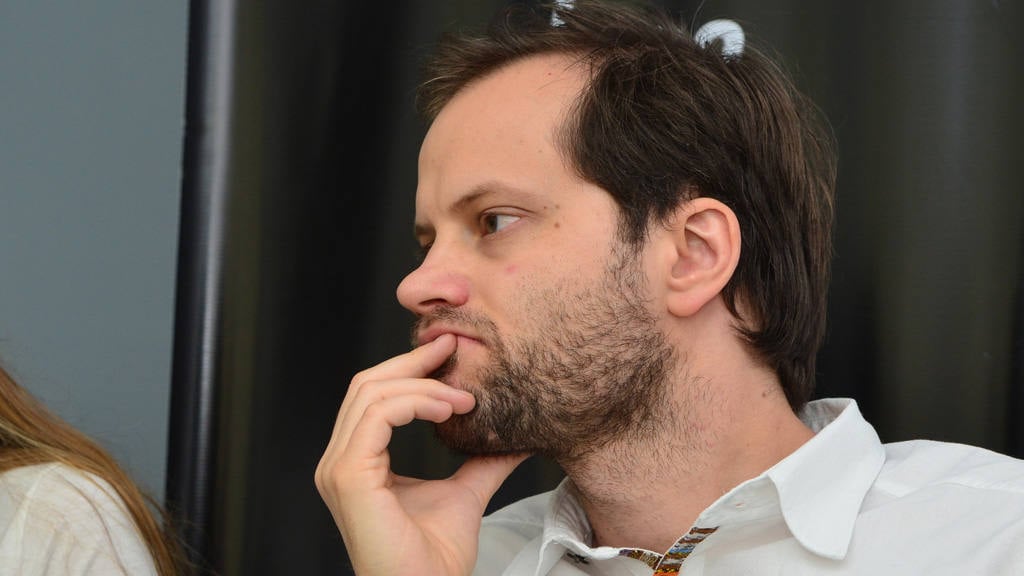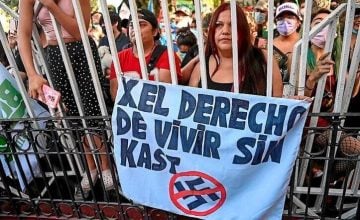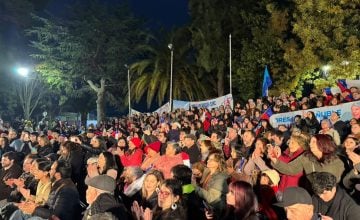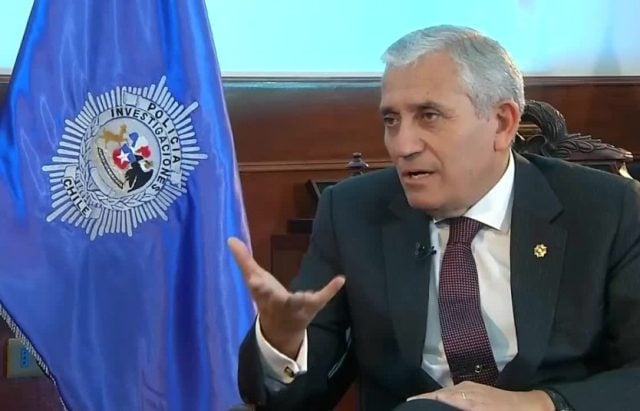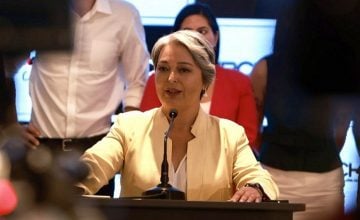Original article: Carrera Presidencial Chile 2025: Democracia o Barbarie
Democracy or Barbarism
By Jean Flores Quintana, Political Scientist
The upcoming 2025 elections are not merely about setting a political agenda; they represent a critical choice between upholding democracy and permitting an era of political amnesia and abuse. Recent developments reveal a troubling trend of exploiting impunity: a treacherous offer of amnesty that symbolizes a disturbing political alliance between the legacy of torturers and those convicted due to the social unrest. This issue transcends just legal technicalities; it poses an imminent threat to civilizational progress, as the right seeks to undermine this advancement. We are witnessing the dignity and historical memory being traded as political commodities.
The crux of the problem lies in establishing a new norm surrounding impunity. International law, that unwavering bulwark of civilization, resoundingly declares that crimes against humanity are by nature ineligible for amnesty and never subject to a statute of limitations. However, the far-right aims to equate these violations to construct a narrative of widespread «police victimization.» Johannes Kaiser has emerged as one of the most audacious figures, advocating for a «general amnesty or a law of pardon» because he believes no one should suffer in prison merely due to personal political dislikes. This grim irony, equating justice with personal animosity, overlooks that juridical condemnation, such as that recently dealt to figures like Miguel Krassnoff Martchenko, results from legal truths rather than personal grievances.
This offensive is not spontaneous. It is propelled by the false dichotomy dominating the current campaign: security versus freedom. The financial oligarchy has historically shaped electoral landscapes through fear, and now leverages citizens’ desperation as a potent rhetorical weapon. This construction of social panic is deliberate, amplified, and legitimized through strategic media use, creating a perceived threat that far exceeds statistical reality, thereby paving the path for authoritarian solutions. Franco Parisi chillingly encapsulated this sentiment by suggesting military deployments and asserting: «If there’s a vehicle caught in a robbery or violent act, they will shoot. We will bring the military into the streets.» What a paradox! Gunfire has, by presidential decree, become the preferred legal response. This statement is not merely an open invitation to overreach; it is a blank check for a new wave of institutional abuses. Even José Antonio Kast joins this narrative under the guise of «humanitarian discussion,» proposing pardons for individuals like Krassnoff as well as convicted carabineros in the Campillai case, using compassion to whitewash both historic and current repression.
The role of traditional right-wing factions is pivotal in this Gramscian position struggle, as their ambiguity is far from neutral: it breathes life into extremist narratives. While Evelyn Matthei cautiously distances herself from complete amnesty, her rhetoric effectively legitimizes denialist discourse. She has justified the military dictatorship by claiming it was «necessary» and, more alarmingly, dismissed the Plan for the Search of the Disappeared, suggesting, «Many would argue this is not a search but a quest for vengeance.» In her view, the suffering and right to knowledge of the victims magically transforms into a public perception issue. By hinting that the quest for truth is an act of retribution, Matthei helps erode the moral foundation of human rights, subtly paving the way for political amnesia.
A presidential candidate who offers judicial clean slates is, in effect, legitimizing state violence at no cost. Such a stance threatens the democratic progress achieved and undermines the very foundation of the rule of law. In the face of the alarming dominance of permissiveness, the political scenario polarizes: only one option guarantees the consolidation of civic progress. We refer to Jeannette Jara, who views fundamental rights not just as a check against abuse, but as non-negotiable pillars of justice and equity. Her program strengthens social, political, and economic rights without compromising civil liberties. The return to autocracy is not feasible; the 2025 elections present us with a choice between a future grounded in justice or the allure of authoritarian amnesia. For the sake of peace and democracy, voting with awareness is a civic duty.
